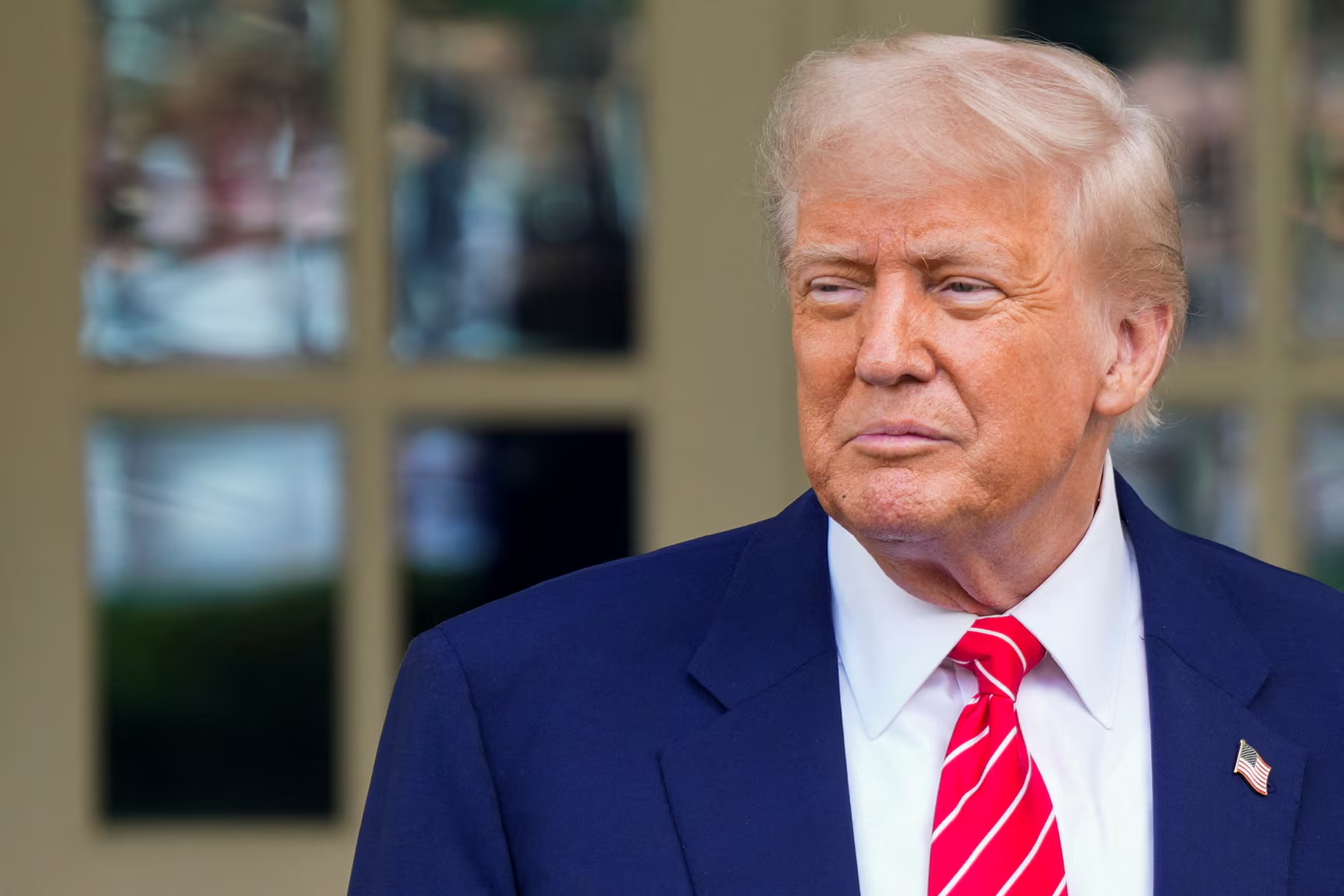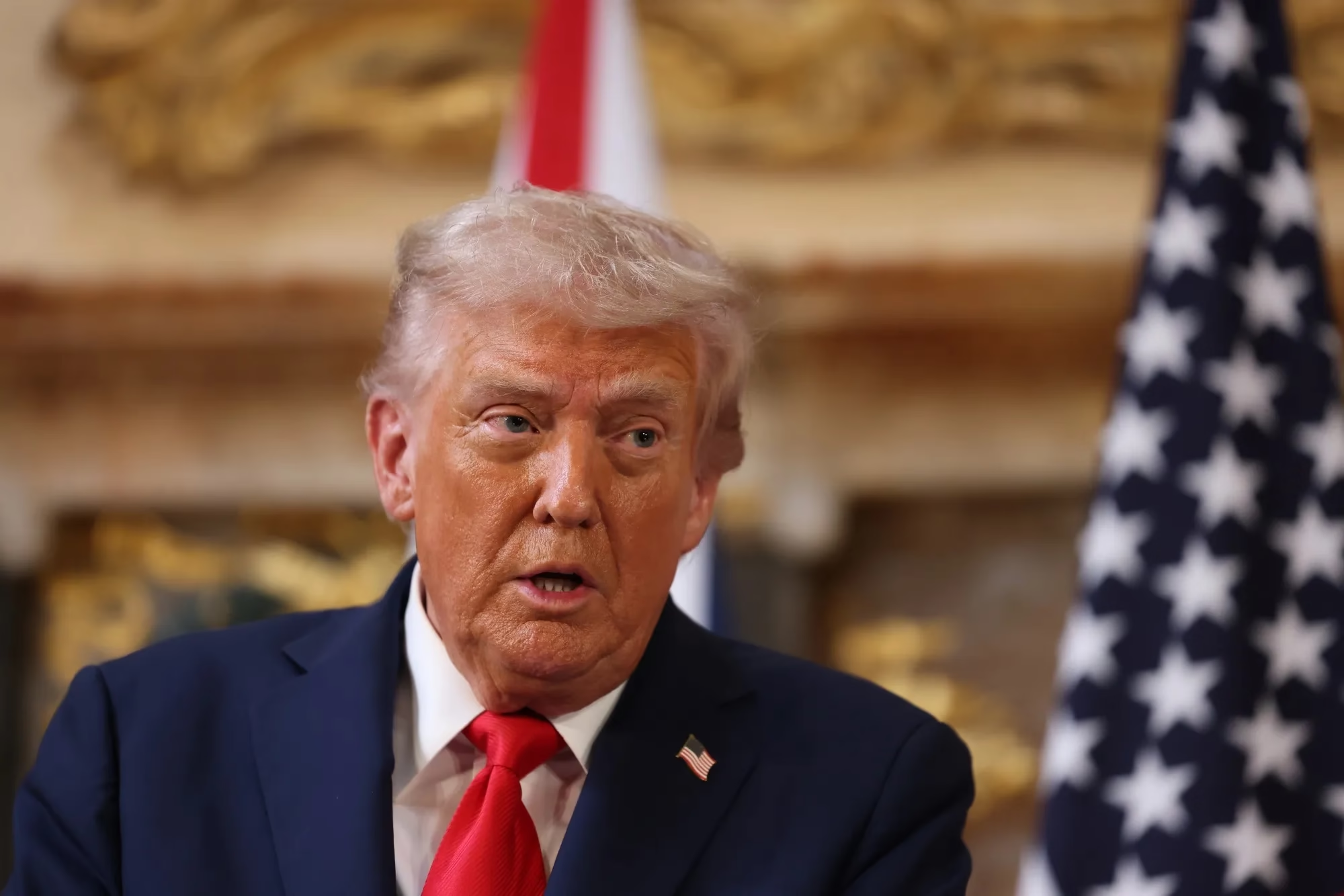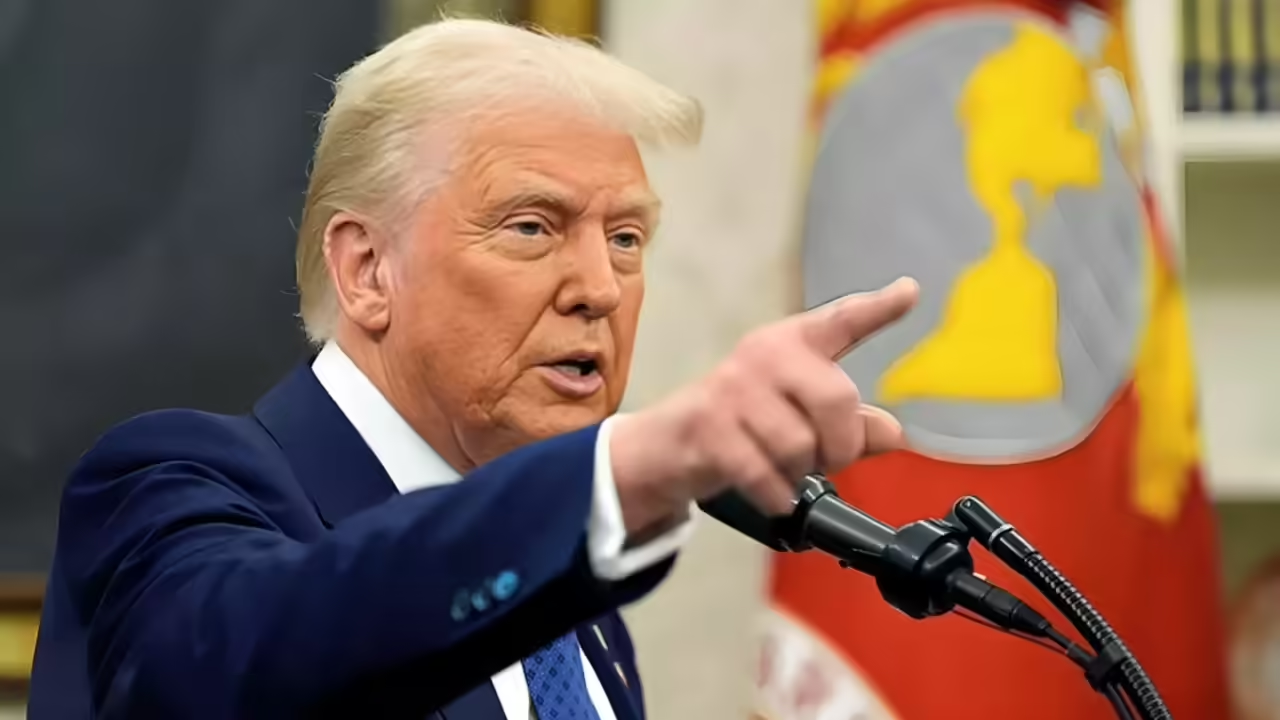WASHINGTON — President Donald Trump announced plans to sign an executive order on May 12 that would link U.S. prescription drug prices to the lowest rates paid by other nations, reviving a controversial proposal from his first term aimed at slashing domestic pharmaceutical costs.
The order is expected to direct the Department of Health and Human Services to implement a “most favored nation” policy, a strategy that Trump claims will reduce drug prices by 30% to 80% “almost immediately.” The policy would peg the cost of certain prescription medications in the U.S. to prices in comparable countries that pay less, addressing a long-standing gap in global pharmaceutical pricing.
“Our country will finally be treated fairly, and our citizens’ healthcare costs will be reduced by numbers never even thought of before,” Trump wrote on Truth Social on May 11.
Although details of the executive order remain unclear, including which insurance programs or drugs will be affected, Trump previously sought to apply a similar policy to Medicare payments during his first term. That rule, finalized in 2020, was later rescinded by the Biden administration.
A 2024 report from the Department of Health and Human Services found that U.S. drug prices are nearly three times higher than in 33 comparison countries. The issue affects a significant portion of the population—approximately 67 million Americans are currently enrolled in Medicare.
Trump’s latest plan, first reported by Politico, is expected to apply to a wider set of medications than those targeted under President Biden’s Inflation Reduction Act, which authorized Medicare to negotiate prices for an initial 10 drugs beginning in 2026.
Industry Pushback and Concerns
The pharmaceutical industry responded swiftly to Trump’s announcement. “Government price setting in any form is bad for American patients,” said Alex Schriver, spokesperson for the Pharmaceutical Research and Manufacturers of America (PhRMA). Drugmakers argue that the policy could lead to reduced investment in medical innovation and suggest that companies might circumvent pricing rules by negotiating rebates with foreign governments.
Critics also caution that the policy may be difficult to enforce and could encourage pharmaceutical firms to adjust international pricing strategies in ways that preserve high U.S. prices.
Despite these concerns, Trump has framed the move as a bold and necessary step to correct long-standing pricing disparities. He teased the executive action in the days leading up to the announcement, calling it “as big as it gets” and promising a major development before his scheduled departure to the Middle East on May 12, where he will visit Saudi Arabia, Qatar, and the United Arab Emirates.
“My next TRUTH will be one of the most important and impactful I have ever issued,” Trump wrote before revealing the drug pricing plan.
Whether the policy can be implemented—and how it would hold up to legal and political challenges—remains to be seen.
Contributing Reuters



